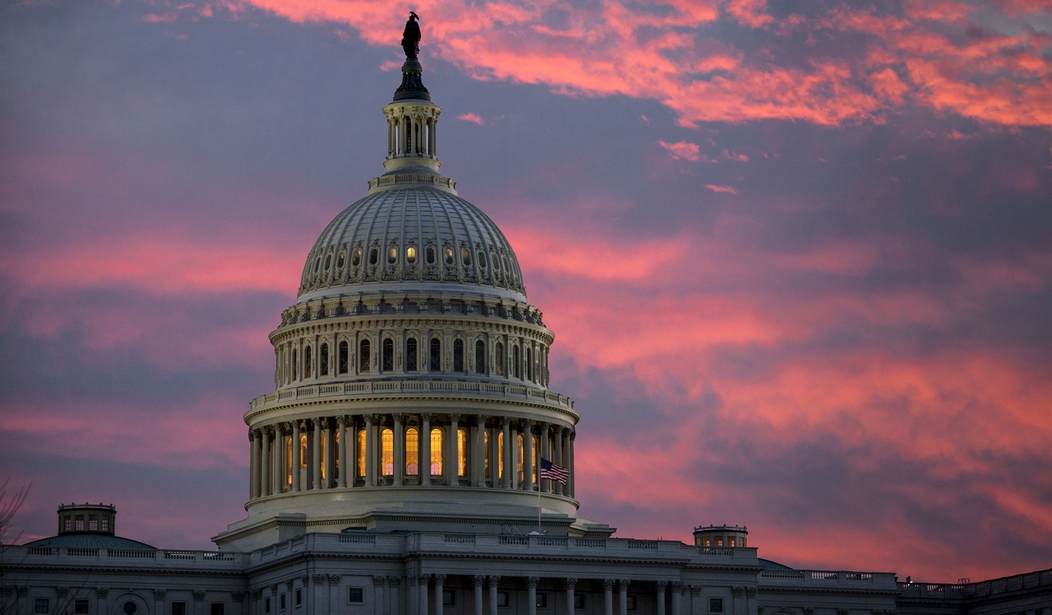Joe Biden wants to raise corporate taxes a trillion dollars over the next decade. Not a dime of that increase will go to cutting the budget deficit. That shouldn't surprise anyone who listens to Biden's economic populist mantra of getting corporations to pay their "fair share" of taxes.
Whenever Biden or some brain-dead lefty utters that "fair share" nonsense, you will see people in the audience sagely nodding their heads as if they know what Biden is really saying.
Veronique de Rugy, a noted economics journalist and current columnist for the New York Sun, believes that the "fair share" rhetoric that leftist politicians use is "a glaring testament to a simplistic and all-too-common type of economic thinking that already hamstrings our nation’s competitiveness, stifles innovation, and ultimately penalizes the average American laborer and consumer."
Biden wants to spend $7.3 trillion next year while ignoring the growing insolvency of Social Security or the exploding federal deficit that will hit $2 trillion next year and be nearly $2 trillion for the next decade.
The raising of corporate taxes from the Trump-era 21% to 28% might be politically popular but would wreak havoc on the economy.
It is worth expanding on the fact that much of a corporate tax increase will be shouldered specifically by laborers. A recent Tax Foundation article, for instance, explained that “a study of corporate taxes in Germany found that workers bear about half of the tax burden in the form of lower wages, with low-skilled, young, and female employees disproportionately harmed.”
Mr. Biden’s planned tax hike would raise revenue for sure. Kyle Pomerleau at the American Enterprise Institute told me that it would raise roughly $1 trillion over a decade. However, it will do it in the most damaging way possible.
Indeed, it is well-established by the economic literature that increasing corporate taxes is the most economically destructive method due to its impact on incentives to invest. Investments that were previously feasible at the lowest rate of capital are now out of reach. Firms forgo machinery, factories, and other equipment, reducing their capital stock. That in turn reduces productivity, output, and overtime wages.
In 2017, Republicans cut the corporate tax rate from 35% to 21%. The resulting explosion in investment and wage growth was expected. But what came as a surprise was the increase in revenue. The cut "managed to boost federal corporate tax collections to a projected $569 billion in 2024 from $297 billion in 2017."
Granted, some other factors led to that increase. But revenue is still projected to come in at $494 billion in 2025. Cutting the rate also led to less tax avoidance and more compliance. And it kept a lot of those dollars in the U.S. that had previously gone overseas.
In addition, for all the concerns about fairness expressed by the administration to justify its tax hike, the corporate tax is quite unfair. Profits are already subject to taxation at the individual level when distributed as dividends or realized as capital gains. Increasing the corporate tax rate will exacerbate the issue of double taxation, distorting investment decisions, and reducing economic efficiency, not to mention encouraging aggressive planning for more tax avoidance.
Last, the administration’s plan ignores one of its usual priorities: the fact that many American companies must compete on the international stage. Raising the corporate income tax at home makes them less competitive abroad.
In 2017, the U.S. had the second-highest corporate income tax rate, far exceeding any EU nation or our Asian trade partners. If Biden stopped playing populist games long enough to look at the facts, he might think twice about raising the corporate rate.










Join the conversation as a VIP Member